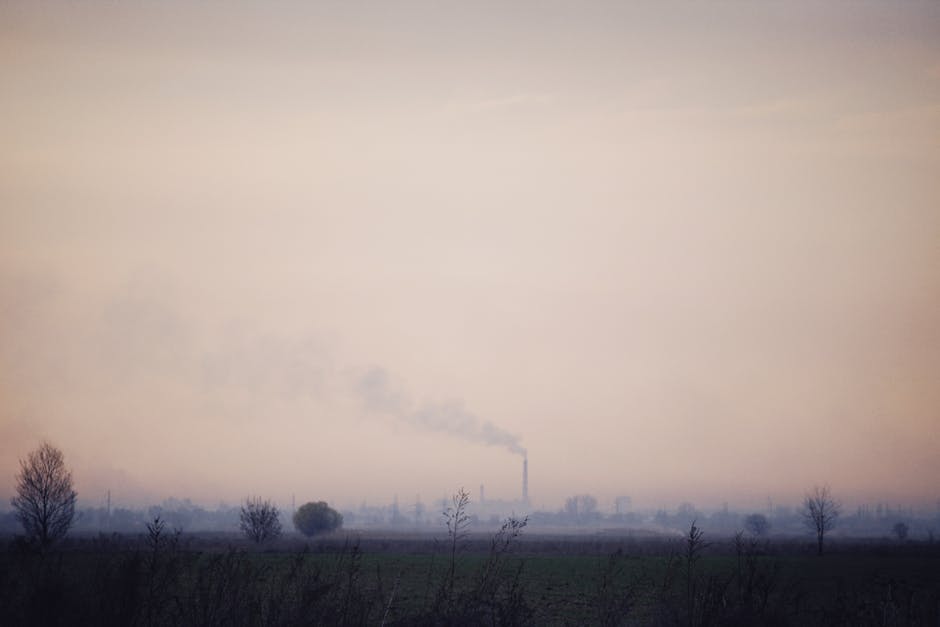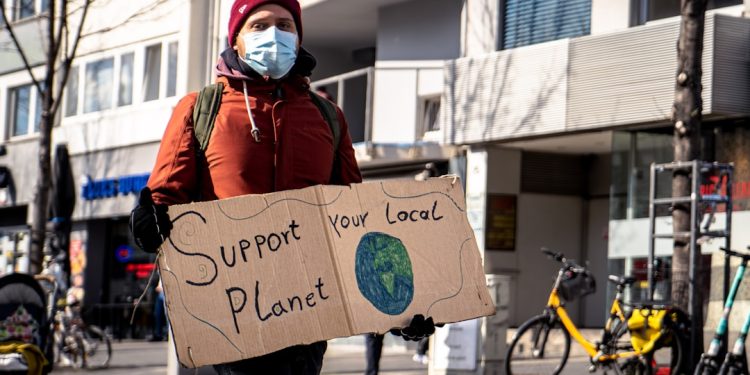No products in the cart.
Navigating the Job Market: The Impact of Climate Change on Careers
Climate change is reshaping the job market in 2025, creating new opportunities in green sectors. Learn how to navigate this evolving landscape.
Dubai, UAE — As the world grapples with the accelerating impacts of climate change, the job market is undergoing a significant transformation. The year 2025 marks a pivotal moment as businesses and governments pivot towards sustainability, creating a surge in green jobs across various sectors.
The demand for environmentally conscious practices has risen sharply, driven by a combination of consumer awareness and regulatory pressures. Companies like Tesla and Ørsted are at the forefront, leading the charge in renewable energy and electric vehicle production, respectively. This shift is not just a trend; it’s becoming a necessity in the face of climate crises. According to a report from the International Labour Organization (ILO), an estimated 24 million jobs could be generated globally by 2030 through the transition to a greener economy[1].

But what does this mean for today’s job seekers, particularly those aged 16 to 35? The landscape is evolving, and young professionals must be proactive in equipping themselves with the skills needed for this new economy. The rise of green jobs is not limited to traditional sectors like energy and manufacturing; it also extends to technology, finance, and even healthcare. For instance, companies like Goldman Sachs are increasingly investing in sustainable projects, emphasizing the need for financial analysts who understand environmental impact[2].
Education is a critical component in this transition. Universities and colleges are adapting their curricula to include sustainability-focused programs. Institutions like Stanford and MIT are leading the way by integrating climate science into their engineering and business programs, preparing graduates to meet the demands of a changing job market[3]. Online platforms like Coursera and LinkedIn Learning are also offering courses on sustainability and green technologies, making it easier for young professionals to gain relevant skills.
The landscape is evolving, and young professionals must be proactive in equipping themselves with the skills needed for this new economy.
Moreover, the gig economy is playing a significant role in this shift. Freelance platforms are increasingly featuring jobs related to sustainability, allowing workers to engage in projects that align with their values while building their portfolios. Apps like Upwork and Fiverr are expanding categories to include eco-friendly consulting and sustainability assessments, catering to a growing market of businesses seeking to improve their environmental footprints.
However, the transition to a green economy is not without challenges. The skills gap remains a significant concern. Many job seekers find themselves ill-prepared for the technical demands of new green roles. The World Economic Forum has highlighted that 50% of all employees will need reskilling by 2025 as automation and green technologies reshape the workforce[4]. This presents both a challenge and an opportunity for young professionals willing to invest time in learning.
Furthermore, as industries evolve, so too do the expectations of employers. Companies are increasingly prioritizing candidates who can demonstrate a commitment to sustainability. This shift means that young job seekers must not only showcase their technical skills but also their understanding of environmental issues and their potential solutions.
Looking ahead, the job market in 2025 offers both promise and uncertainty. As industries adapt to meet sustainability goals, new opportunities will emerge. Young professionals who embrace this change and actively seek out education and experience in green sectors will find themselves at the forefront of this evolution.
This presents both a challenge and an opportunity for young professionals willing to invest time in learning.
In a world where climate change is no longer a distant threat but a pressing reality, the ability to navigate this new job landscape is crucial. By prioritizing sustainability in their career paths, young professionals can contribute to a healthier planet while securing their own futures in an increasingly competitive job market.







